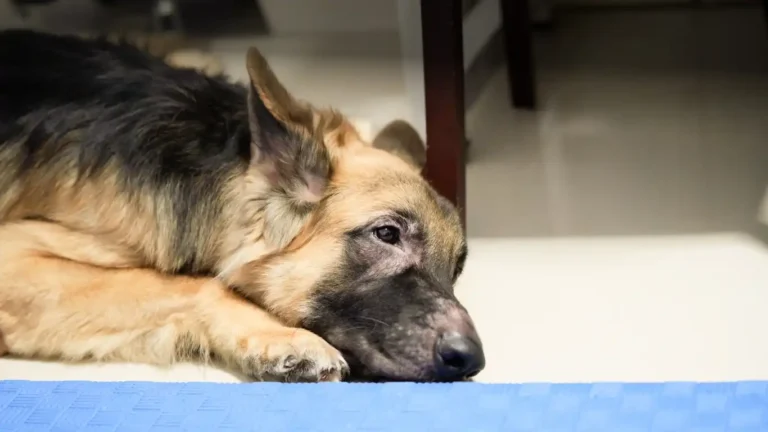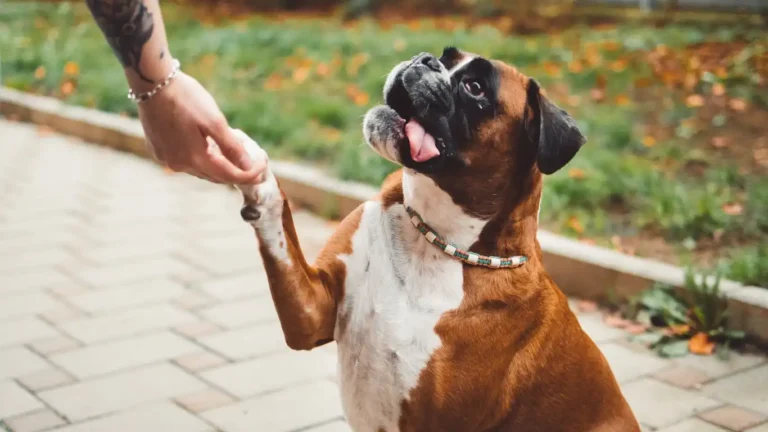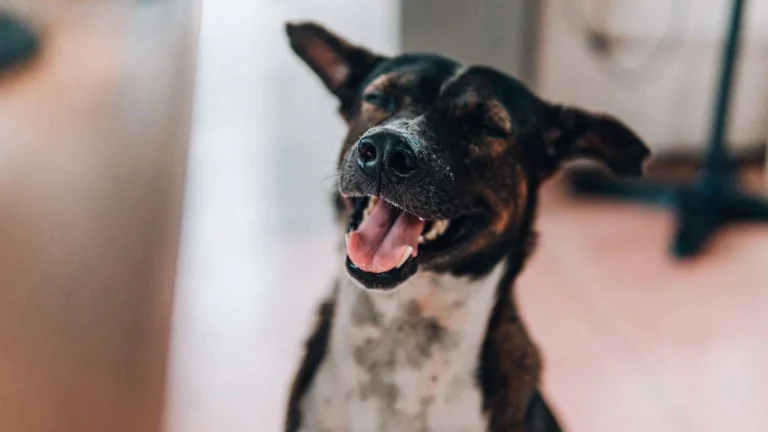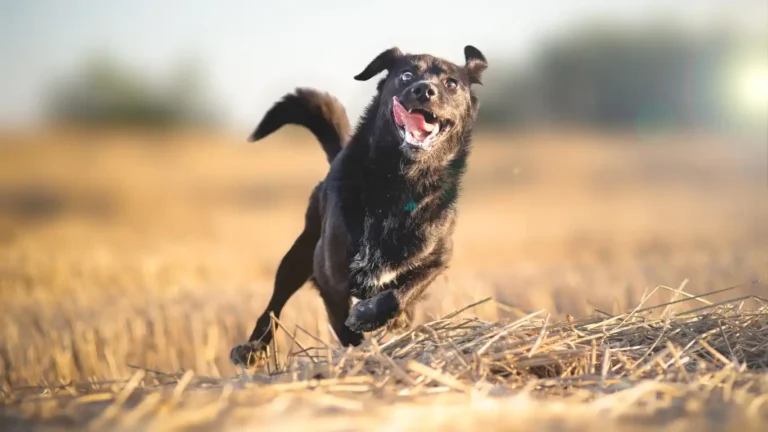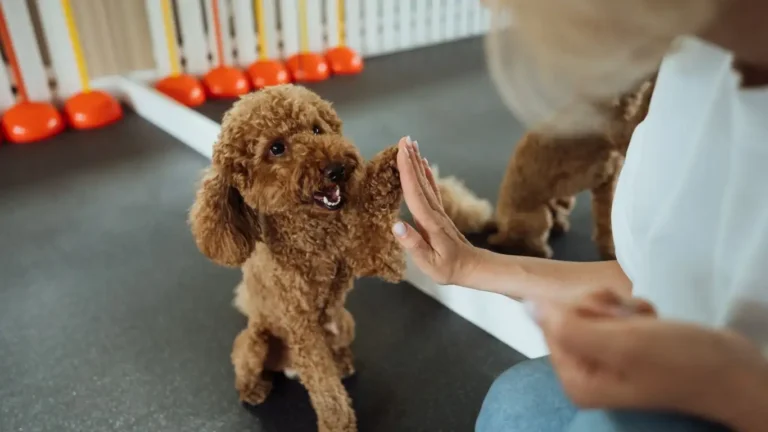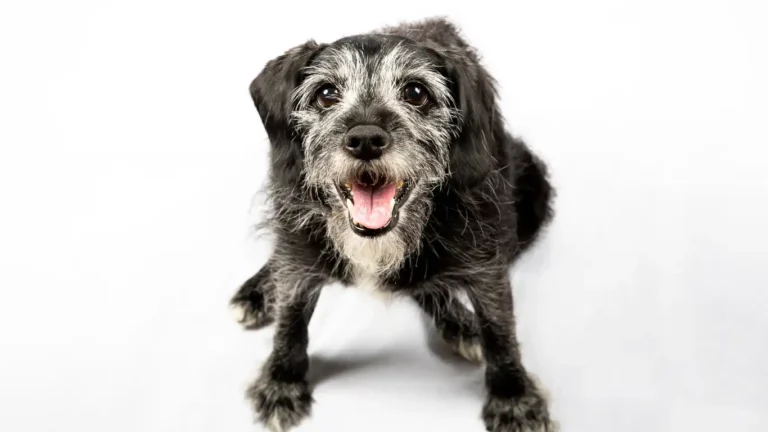How to Help a Dog with Chronic Sneezing: Simple Solutions for Relief
If you’ve ever been around a dog that’s constantly sneezing, you know it can be a bit concerning. Chronic sneezing in dogs can be an indication of something more serious, and it’s essential to understand how to help a dog with chronic sneezing. As a Veterinary Assistant with a special focus on nutrition, I’ve seen many dogs struggle with this issue, and I’ve learned that there are various ways to manage it. In this article, I’ll share my experiences and offer some practical tips that could help your furry friend find relief. Chronic sneezing can range from something simple like allergies to something more serious like infections or nasal tumors. So, let’s dive into what you can do as a pet parent to ease your dog’s discomfort and help them breathe easy again.
What Causes Chronic Sneezing in Dogs?
Before we get into how to help a dog with chronic sneezing, it’s important to understand why it happens in the first place. Chronic sneezing in dogs is not always a sign of a minor irritation—it could indicate something more serious, so it’s worth paying attention to other symptoms that accompany the sneezing. There are several reasons why a dog might sneeze repeatedly, and knowing the cause is crucial for effective treatment.
Allergies: A Common Culprit
One of the most common reasons for chronic sneezing in dogs is allergies. Just like humans, dogs can be allergic to a variety of environmental factors, including pollen, dust, mold, and even certain foods. My experience working with dogs that have allergies shows that sneezing often becomes more frequent during certain seasons, especially during spring or fall when pollen levels are high. If your dog is sneezing more during specific times of the year, allergies might be to blame.
Some dogs may also have a sensitivity to household items like air fresheners, perfumes, or even cleaning products. If you notice that your dog sneezes more after cleaning your house or when exposed to certain smells, this could point to an allergic reaction.
Respiratory Infections
Another common cause of chronic sneezing is respiratory infections. These can be caused by viruses, bacteria, or fungi. Kennel cough, for example, is a highly contagious respiratory infection that can lead to sneezing in dogs. In my experience, kennel cough is often accompanied by a dry, honking cough and sometimes nasal discharge. If your dog is experiencing sneezing along with a cough or other symptoms like lethargy or loss of appetite, a respiratory infection might be the culprit.
Infections can also lead to inflammation in the nasal passages and sinuses, making sneezing a frequent occurrence. If your dog has been exposed to other dogs in a kennel or daycare setting, it’s worth checking in with your vet to rule out any infections.
Foreign Objects or Obstructions in the Nose
Sometimes, dogs can get things stuck in their noses, which leads to chronic sneezing. It could be a blade of grass, a tiny seed, or some other foreign object. I once had a dog come into the clinic that had a piece of a chewed-up toy stuck in its nostril. This led to constant sneezing and discomfort. If your dog is sneezing along with signs of distress, pawing at the nose, or rubbing its face, it’s worth checking if something is lodged inside their nose.
In these cases, it’s essential to visit the vet to have the object removed safely. Trying to remove it yourself could lead to injury or worsen the situation.
Nasopharyngeal or Nasal Tumors
Though less common, tumors in the nasal passages or sinuses can also cause chronic sneezing in dogs. Tumors can irritate the nasal passages, leading to inflammation and sneezing. This is more common in older dogs, but it can affect any breed. Tumors can sometimes be accompanied by other symptoms such as nasal discharge (which may be bloody), difficulty breathing, or changes in the dog’s eating habits. If your dog’s sneezing is persistent and there are other concerning symptoms, it’s time to visit the vet for further examination.
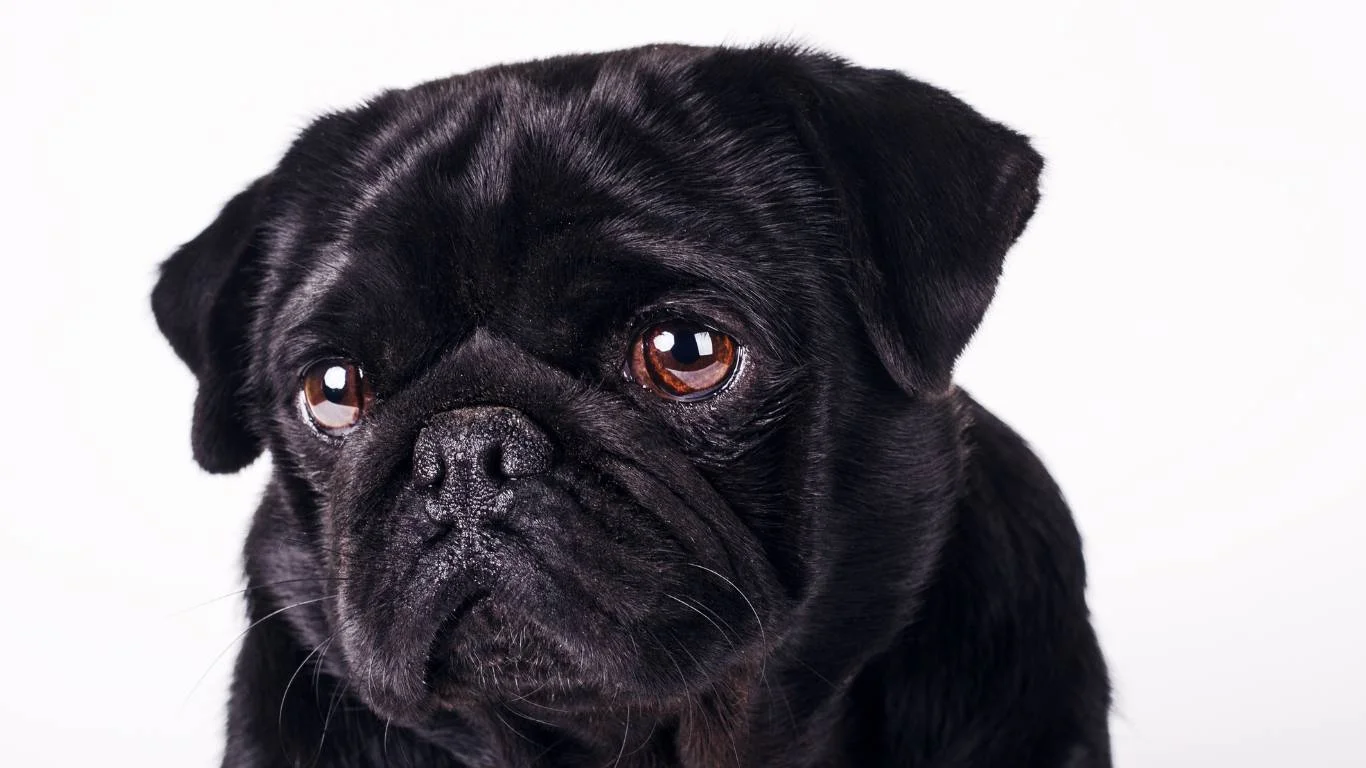
How to Help a Dog with Chronic Sneezing: Start with the Basics
Once you’ve identified the potential cause of your dog’s sneezing, you can start considering the best ways to help. Here are some practical steps you can take to ease your dog’s discomfort and manage chronic sneezing effectively:
1. Visit the Vet for a Diagnosis
If your dog’s sneezing has been going on for a while, or if it’s accompanied by other symptoms, the first step is always to visit the vet. A veterinarian will be able to perform a thorough examination and may recommend diagnostic tests such as nasal swabs, X-rays, or blood work to determine the exact cause of the sneezing.
My advice? Don’t skip this step. As tempting as it might be to try and self-diagnose or treat your dog at home, a vet’s expertise is crucial in ensuring your dog’s health is properly managed. Chronic sneezing can sometimes be a symptom of something more serious, so getting to the bottom of the issue sooner rather than later is always the best approach.
2. Managing Allergies
If allergies are the cause of your dog’s sneezing, there are several ways to manage them. The first step is to minimize exposure to allergens as much as possible. If your dog is allergic to pollen, for example, try to keep them indoors during peak pollen hours. Regularly cleaning your home, including vacuuming often and using air purifiers, can also help reduce dust and other allergens in the environment.
There are also medications that can help manage your dog’s allergies. Antihistamines are sometimes prescribed, and in severe cases, your vet may recommend allergy shots or steroids. Always follow your vet’s advice when it comes to medication, as some over-the-counter options for humans are not safe for dogs.
3. Keep Your Dog’s Environment Clean
A clean environment is essential, especially if your dog is prone to allergies. Dust, mold, and other allergens can trigger sneezing, so keeping your home as allergen-free as possible is key. Regular cleaning, washing your dog’s bedding, and using hypoallergenic products can help minimize their exposure to allergens.
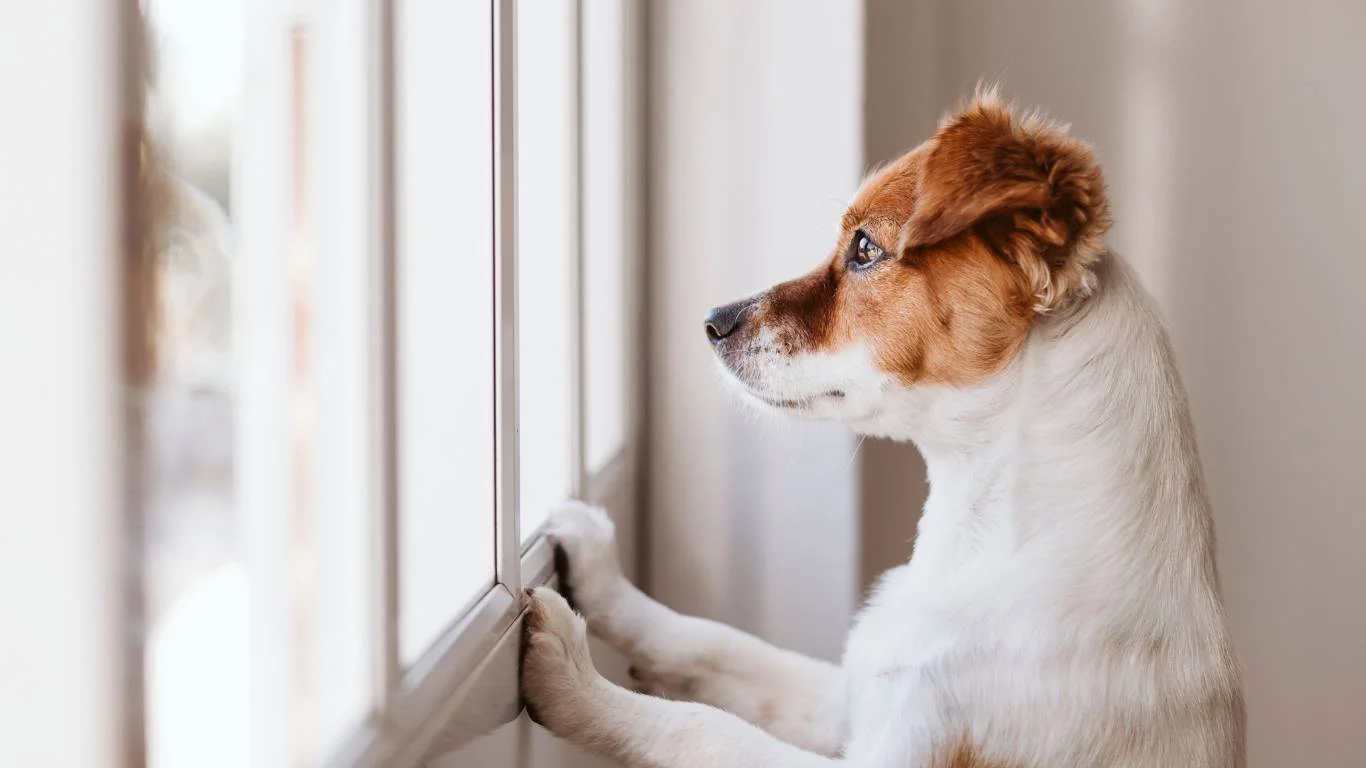
4. Consider Diet and Nutrition
Sometimes chronic sneezing is linked to dietary issues, particularly food allergies. If your dog is allergic to certain ingredients in their food, it could lead to sneezing and other symptoms. Switching to a hypoallergenic diet or consulting your vet for nutritional advice can be beneficial in managing food-related allergies.
Additionally, ensuring your dog gets a balanced diet can help strengthen their immune system, making them less prone to infections that could trigger sneezing. As a veterinary assistant, I always recommend discussing your dog’s nutrition with your vet to find the best plan to support their health and minimize chronic sneezing.
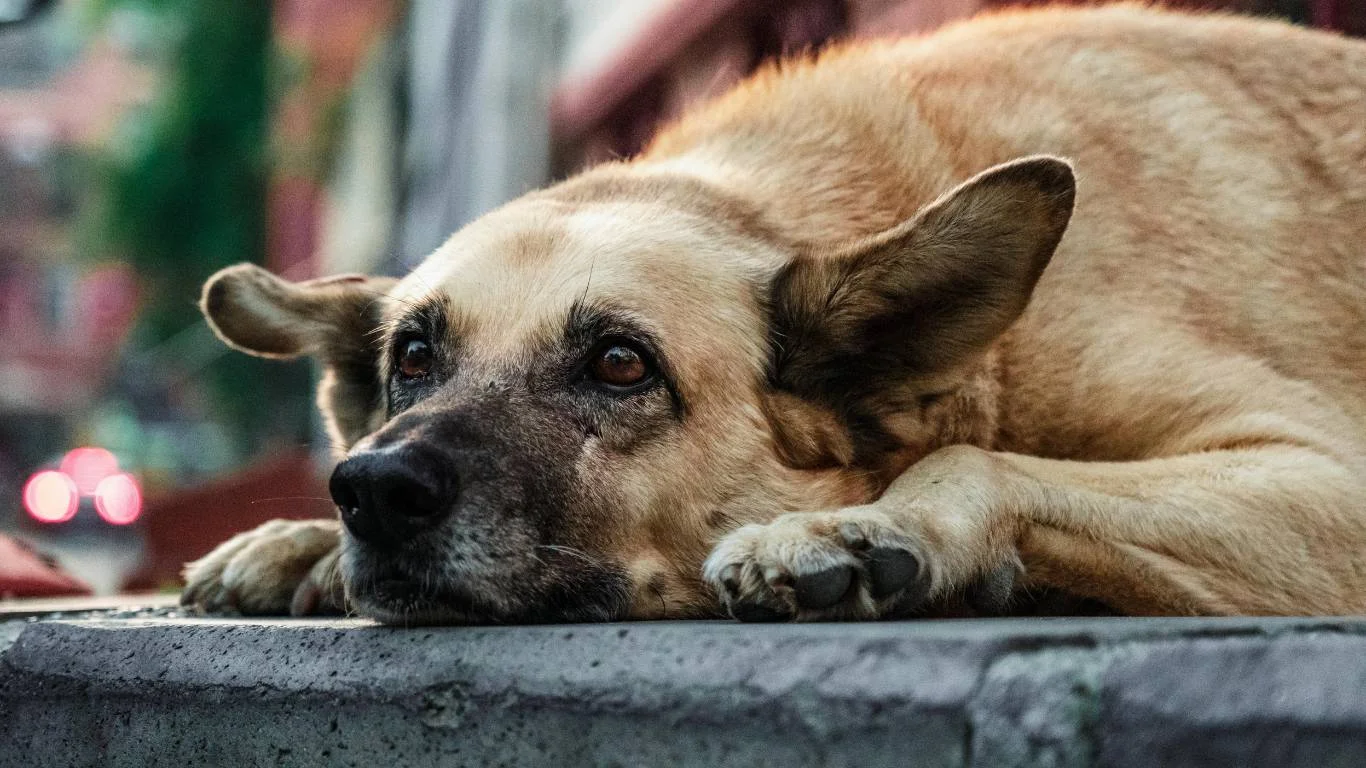
Managing Respiratory Infections in Dogs
Respiratory infections are one of the primary causes of chronic sneezing in dogs, and managing them properly is crucial. These infections can be viral, bacterial, or fungal, and they often result in a range of symptoms such as coughing, nasal discharge, and sneezing. If you’ve noticed your dog sneezing frequently, it’s important to monitor for other signs of illness like lethargy, loss of appetite, or changes in their behavior. In my experience, kennel cough is one of the most common culprits when it comes to sneezing, and though it’s not usually life-threatening, it can certainly cause your dog discomfort. Here’s how you can help manage a respiratory infection and make your dog feel more comfortable.
Veterinary Diagnosis and Treatment
If your dog’s sneezing is accompanied by a persistent cough or nasal discharge, the best course of action is to take them to the vet for a proper diagnosis. A vet will be able to determine if your dog has a viral or bacterial infection and recommend the appropriate treatment. Sometimes, these infections clear up on their own, especially if they’re mild. However, in other cases, antibiotics or antiviral medications may be necessary.
In my own experience, I’ve seen many dogs with kennel cough recover with rest, hydration, and a little extra TLC. However, if the infection spreads to the lungs or if your dog is at risk for more severe complications, your vet might recommend stronger medications or treatments, including cough suppressants or nebulizer therapy to help with breathing.
Home Care for Respiratory Infections
While medications are essential for treating respiratory infections, home care can also play a significant role in your dog’s recovery. First and foremost, make sure your dog is kept warm and comfortable, avoiding any sudden temperature changes that could worsen their symptoms. Offering your dog plenty of water will help them stay hydrated and may thin the mucus in their nose, making it easier to clear out.
You can also help by creating a calm and quiet environment. Stress can exacerbate respiratory symptoms, so giving your dog a peaceful space to rest is key. Additionally, using a humidifier in the room can help keep the air moist and soothe your dog’s irritated nasal passages. If your dog is experiencing difficulty breathing, a warm steam shower can also provide relief. Simply run the shower on hot for a few minutes, then bring your dog into the bathroom to inhale the steam.
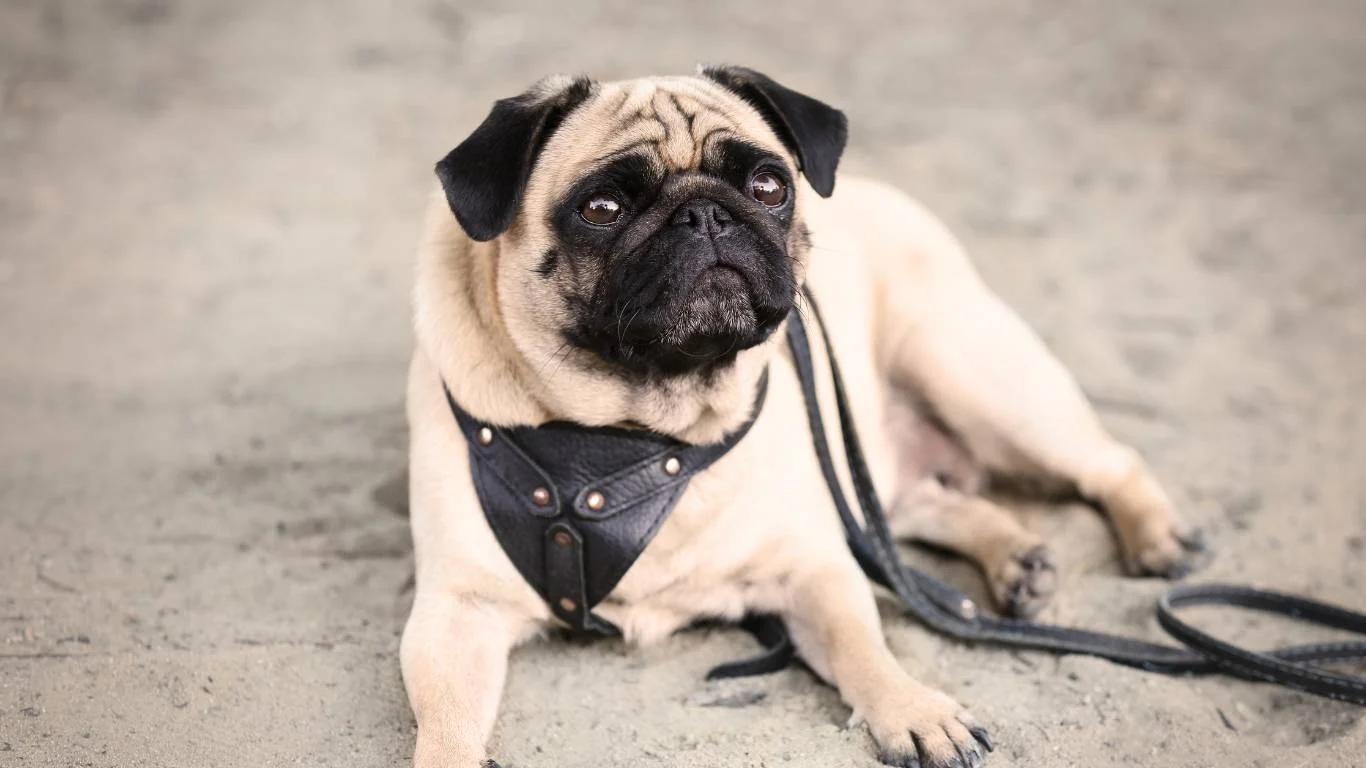
When Foreign Objects Become a Problem
If you suspect that your dog’s chronic sneezing might be caused by a foreign object lodged in their nasal passages, it’s important to take action quickly. Dogs are naturally curious creatures, and they often explore their surroundings with their noses, which can sometimes lead to unwanted items getting stuck in their sinuses. I’ve encountered situations in the clinic where a small piece of a toy or even a blade of grass had caused a dog’s sneezing episodes. The good news is that in many cases, foreign objects can be removed safely with a visit to the vet.
Signs Your Dog May Have a Foreign Object in Their Nose
In addition to sneezing, some signs that a foreign object might be causing your dog’s symptoms include:
- Excessive pawing at the nose or face
- Foul-smelling nasal discharge
- Frequent rubbing of the face against furniture or the ground
- Difficulty breathing or loud breathing sounds
If you notice any of these symptoms, it’s crucial not to delay seeking veterinary care. A veterinarian can use special tools to locate and remove the foreign object safely. In some cases, they may need to sedate your dog to ensure the process is as smooth and stress-free as possible.
Prevention: Keep Your Dog Safe from Foreign Objects
Preventing foreign objects from becoming a problem in the first place is relatively simple. Keep small toys and other objects that could easily break apart out of your dog’s reach, and avoid walking your dog in areas with tall grasses or dense shrubbery that could hide seeds or debris. Additionally, training your dog to leave objects alone and providing them with safe, chewable toys will help prevent them from exploring things they shouldn’t.
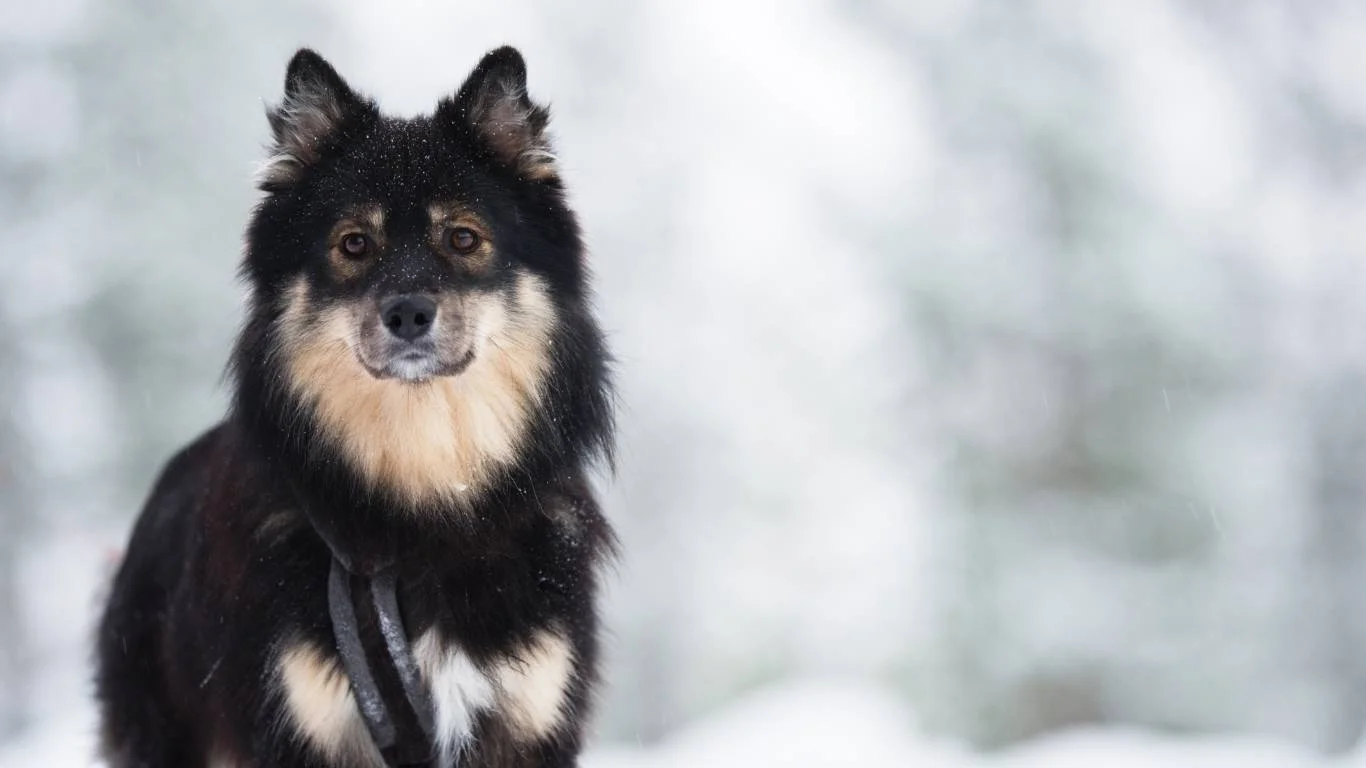
Understanding Nasal Tumors and Their Role in Chronic Sneezing
While it’s rare, nasal tumors can cause chronic sneezing in dogs. Tumors in the nasal passages or sinuses can block airflow and lead to irritation, sneezing, and discomfort. These tumors can be either benign or malignant, so it’s important to get a proper diagnosis as soon as possible if you suspect this is the cause of your dog’s symptoms. Nasal tumors are more commonly seen in older dogs, but they can affect dogs of any age.
Symptoms of Nasal Tumors in Dogs
In addition to chronic sneezing, nasal tumors may cause the following symptoms:
- Unilateral (one-sided) nasal discharge, which may be bloody
- Difficulty breathing through the nose
- Loss of appetite or weight loss
- Facial swelling or changes in facial appearance
If your dog is showing any of these symptoms, it’s crucial to consult with a vet right away. Nasal tumors can be diagnosed using imaging techniques such as X-rays or CT scans. A biopsy may be needed to determine the exact nature of the tumor and whether it is benign or malignant.
Treating Nasal Tumors
Treatment for nasal tumors depends on the type of tumor and how advanced it is. Benign tumors may be surgically removed, but malignant tumors might require more intensive treatment, including radiation therapy or chemotherapy. In some cases, your vet may recommend palliative care to help manage your dog’s symptoms and improve their quality of life. While nasal tumors can be challenging to treat, early detection gives your dog the best chance for a positive outcome.
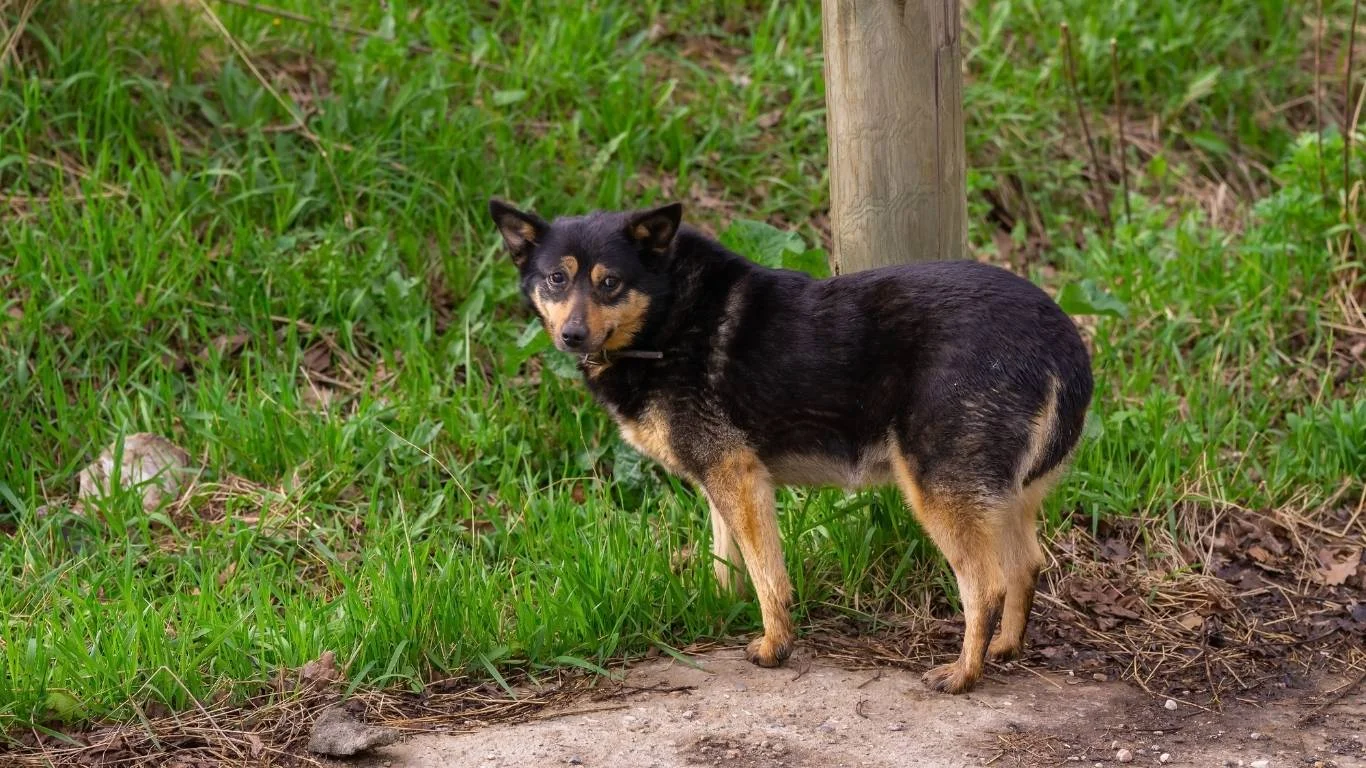
Preventing Chronic Sneezing: Practical Tips for Long-Term Relief
Now that we’ve covered potential causes and treatments for your dog’s chronic sneezing, let’s talk about prevention. As a veterinary assistant, I’ve seen that the key to helping a dog with chronic sneezing lies in both treatment and ongoing care. A proactive approach can make a big difference in reducing or even preventing future episodes of sneezing. This is especially important if your dog suffers from allergies or respiratory issues that could flare up seasonally or when exposed to certain triggers.
Maintain a Clean and Allergen-Free Home
Environmental factors play a huge role in your dog’s health, and allergens are a big contributor to chronic sneezing. If allergies are the root cause of your dog’s sneezing, cleaning your home regularly can help reduce exposure to common allergens like dust mites, mold, and pollen. Vacuuming often, washing your dog’s bedding, and using air purifiers in high-traffic areas can make a big difference. I’ve noticed that homes with clean air and minimal dust tend to have dogs with fewer allergy-related issues.
If your dog is particularly sensitive to pollen or other outdoor allergens, you might want to consider wiping them down with a damp cloth after walks. This helps remove pollen from their fur, preventing it from spreading inside your home. I know it might sound like a bit of extra work, but trust me, it’s worth it if it keeps your dog from sneezing uncontrollably.
Control Seasonal Allergies
If you live in an area with high pollen counts, seasonal allergies can make your dog’s sneezing worse. In these cases, limiting your dog’s outdoor time during peak pollen hours (early morning or late afternoon) can help. You can also consider using allergy medications prescribed by your vet to help manage your dog’s symptoms during allergy season. As someone who’s worked with many dogs struggling with allergies, I recommend talking to your vet about the best options for your dog.
Seasonal allergy shots are another option that might work for some dogs. These shots help your dog build tolerance to the allergens in their environment over time. While not all dogs respond to allergy shots, they can be incredibly helpful for those with chronic sneezing caused by environmental factors.
Hydration and Nutrition Play a Role
Keeping your dog hydrated is not just essential for their overall health, but it can also help manage sneezing caused by nasal congestion or irritation. I’ve found that when dogs are well-hydrated, their nasal passages tend to stay moist, making it easier for them to clear out irritants and reduce sneezing. Be sure to provide fresh water throughout the day and encourage your dog to drink, especially if they’re dealing with respiratory issues.
Additionally, the right nutrition can help strengthen your dog’s immune system, making them less prone to infections that might cause sneezing. A balanced diet rich in vitamins and nutrients will support their overall health, and feeding your dog high-quality food is one of the best things you can do to promote long-term wellness. I’ve personally seen dogs with chronic sneezing benefit from switching to an anti-inflammatory diet, which includes omega-3 fatty acids and other nutrients that support immune function.
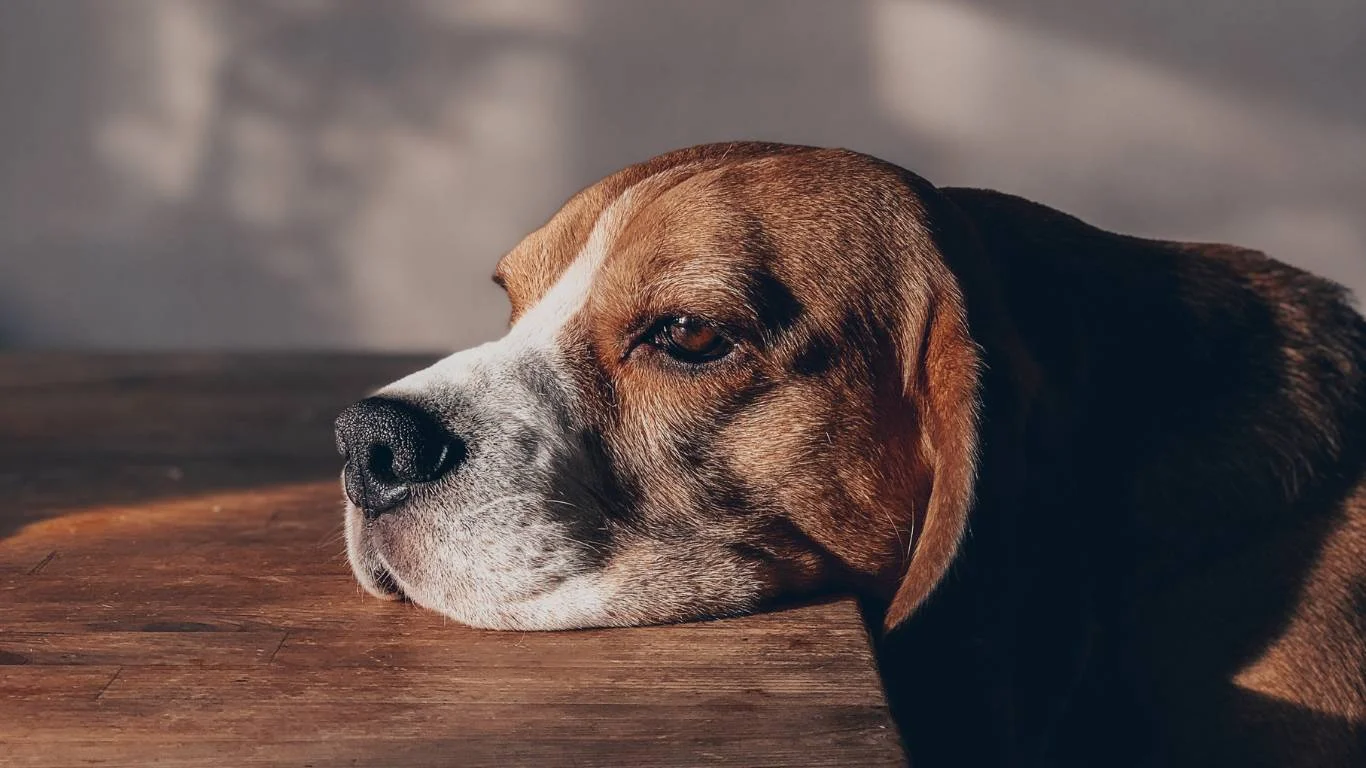
When to Seek Professional Help
While some cases of chronic sneezing can be managed at home, there are times when professional help is necessary. If your dog’s sneezing persists or worsens despite your best efforts, it’s time to consult a veterinarian. Chronic sneezing can be a sign of an underlying condition that requires medical attention, and early diagnosis is crucial for effective treatment.
Signs That It’s Time to See the Vet
If your dog’s sneezing is accompanied by any of the following, it’s time to make an appointment with your vet:
- Frequent nasal discharge, especially if it’s thick or discolored
- Persistent coughing or labored breathing
- Loss of appetite or weight loss
- Facial swelling or changes in appearance
- Unexplained lethargy or difficulty exercising
Remember, your veterinarian is the best resource when it comes to diagnosing and treating chronic sneezing in dogs. They can run tests, perform exams, and provide the most effective solutions based on your dog’s individual health needs. I always recommend being proactive when it comes to your dog’s health—don’t wait until symptoms get worse. Early intervention can make a huge difference in your dog’s comfort and recovery.
Conclusion
Chronic sneezing in dogs is something that every dog owner should take seriously, but it doesn’t always have to mean something serious. Whether it’s due to allergies, a respiratory infection, or a foreign object, understanding the cause is the first step toward helping your dog feel better. Through proper care, a clean environment, and a visit to your veterinarian, you can help alleviate your dog’s symptoms and provide long-term relief from sneezing episodes. I hope this guide has given you some valuable insights into how to help a dog with chronic sneezing. Remember, a little care and attention can go a long way in ensuring your furry friend’s health and happiness!

References:
Disclaimer:
The information provided in this article is intended for general informational purposes only and should not be considered as professional veterinary advice. Always consult your veterinarian for advice tailored to your pet’s specific health needs and conditions.

